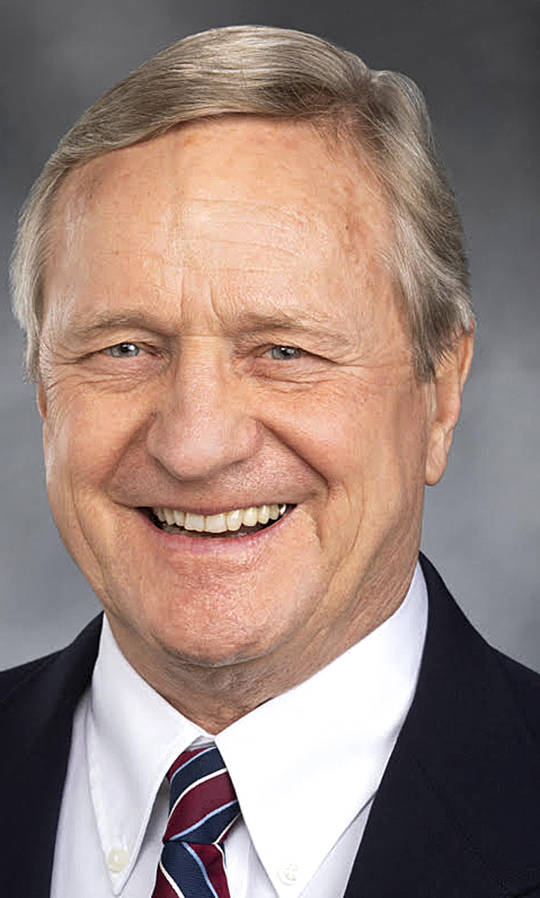Name: Steve Tharinger
Town: Sequim
Party: Democratic
Education: Bachelor of Arts, Political Science, Colorado College
Business/employment: Past owner of a small wood manufacturing business; Clallam County Commissioner 2000-2012; Washington State Representative 2011- present
Endorsements: Washington Building Trades; Retired Public Employees of Washington; Grays Harbor County Democrats
Questions
1. We’ve had an updated revenue forecast for almost a month and we know more about the financial and social impacts of COVID-19. Is it time for the Legislature to have a special session to address budget and other issues?
I was supportive of a special session before the beginning of the new fiscal year in July, but the four caucuses and the governor could not align on a course of action. For several reasons I do not see the advantage for a special session at this time. We do have funds available in the Budget Stabilization Account(BSA) to carry the state until January; helped by the fact the governor vetoed $235 million out of the budget in April and has saved tens of millions more by initiating a hiring freeze and furloughing state workers. There is some advantage in seeing what virus relief package the other Washington might come up with to help struggling states. Finally, the hope is that with people following public health protocols of social distancing and wearing masks the viruses spread can be managed and economic activity will pick-up in the last two quarters of the year.
2. Because of Covid-19, the state will lose billions of dollars in revenue over this biennium and next, much more than is in the current rainy day fund. Balancing the budget will mean cuts and/or raising taxes. What are your thoughts on whether to cut spending or raise revenue?
To address the state’s budget shortfall, which is roughly $1.5B after using remaining balances and the BSA, the Legislature will have to both cut services and look at additional revenue. A majority of the state’s budget is either constitutionally required, like K-12, or linked to federal statutes, like Medicaid. That leaves about 12 -15% to absorb the cuts which would impact longterm care and developmentally disabled clients. Higher education and natural resource programs are also exposed to cuts. Some revenue will be needed to maintain services.
3. If the Legislature has to raise taxes to balance the budget, which segments of the economy should see the increases.
Washington State has one of the most out of balance tax systems in the country that taxes low and middle income families at a higher percentage because of its reliance on sales and property taxes. The Business and Occupation tax is levied against a business’s gross revenue instead of their net. A Capital Gains tax, net income business tax and a high earners tax would all help make the state’s tax structure more equitable.
4. Is there a need for policing reform? If so, what are some of the issues that need addressing?
I think here on the Peninsula we have very community minded public safety professionals trying their best to deal with the many complex incidents they are faced with. There are parts of the state that are dealing with law enforcement cultures that have problems. I think there will be legislation in the upcoming session to deal with a more independent and transparent process for incident investigations, incident reporting and data bases and cognitive command training to stress a guardianship mentality over a warrior approach to policing.
5. What is the most pressing need in your district and what can the Legislature do to address it?
Our district continues to be impacted by high unemployment, which has been multiplied by the Covid-19 pandemic. Curtailing and managing the virus is key to getting the economy going again. But we still have underlying challenges to building a strong foundation for economic growth on the Peninsula such as the need for more affordable workforce housing, childcare and access to affordable health care. An issue the pandemic has highlighted is need for better broadband/internet services. These are all things I have been working on during my time in the legislature, especially through my role as capital budget chair in the house, by targeting investments in child care facilities, broadband and other infrastructure.


